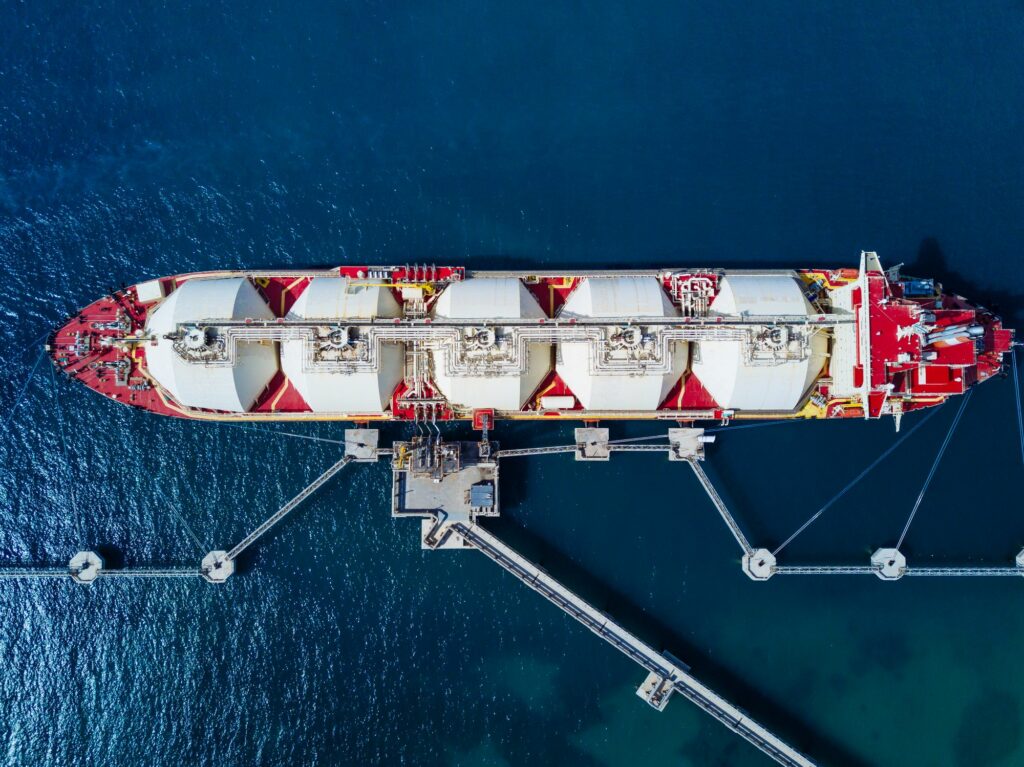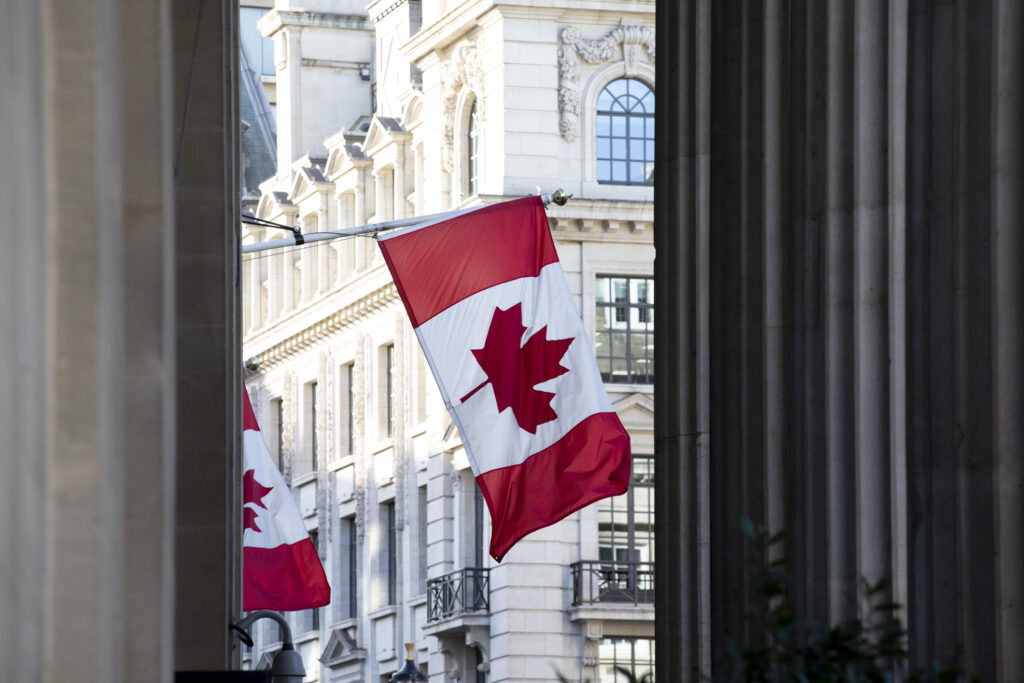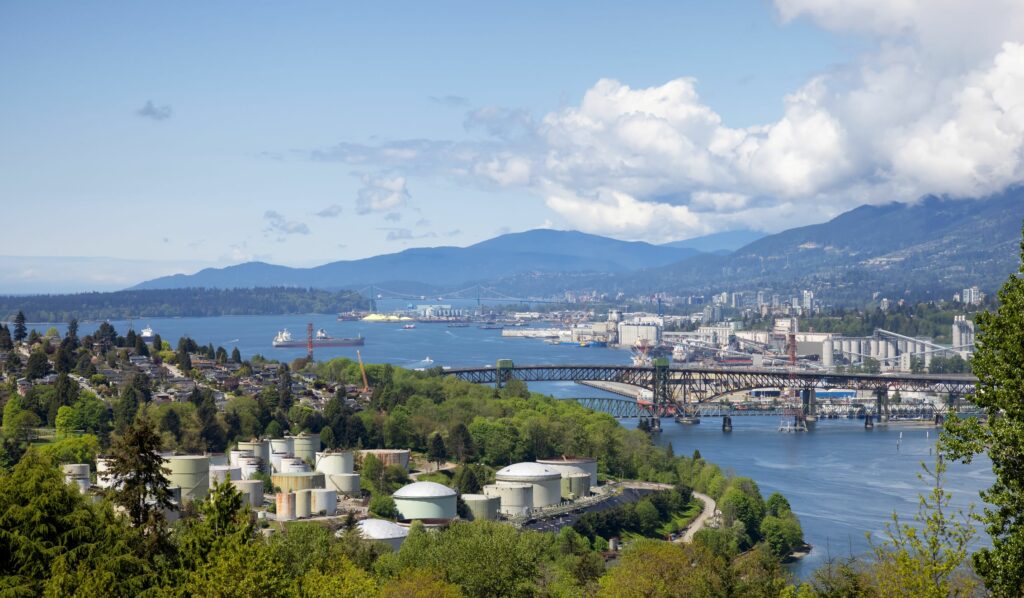Global demand for energy is on the rise
As more people in developing and emerging economies improve their standard of living, global demand for energy and everyday products made from oil and natural gas is growing. The world will need more energy in all forms, including oil and natural gas, for decades to come. (Source: IEA WEO, 2023)
Natural gas is one of the most important sources of energy in the world. The International Energy Agency (IEA) predicts natural gas demand will increase from a current level of four trillion cubic meters to five trillion cubic meters by 2050, underscoring its growing role in shaping a sustainable energy future.
Canada is in a unique position to meet the world’s demand for all forms of energy and play a bigger role in global energy security. As an energy producer, Canada is one of the stable, democratic countries that produces more oil and natural gas resources than needed for domestic use (Source: EIA). This means that after we provide energy for our own citizens, Canada can export the remainder to other markets, both to the United States and overseas.


Supporting our allies
This reality also means we are able to supply energy to our geopolitical allies, presenting an opportunity for Canada to help stabilize global energy security.
Western Alliance countries that produce oil and natural gas include the United States, Canada, Norway, Australia, and the United Kingdom. In 2022, these countries accounted for approximately 32% of total global production. Of that group, Canada is second only to the United States, contributing 16% to the alliance’s total oil and natural gas production. “Western Alliance” is defined as NATO nations plus Japan, South Korea, Australia and New Zealand. (Source: CAPP)
In this context, Canada’s oil and natural gas export capacity is important to ensuring global energy security.
Diversifying our markets
- The recently completed Coastal GasLink pipeline will supply natural gas to the LNG Canada facility for exports.
- The Trans Mountain Expansion pipeline, expected to be completed in 2024, will provide direct access to new overseas markets for Canada’s oil exports.
Countries such as Japan, Korea, and Malaysia are investing in our upstream and LNG export industry with the goal of making Canadian natural gas a key part of their energy mix.

